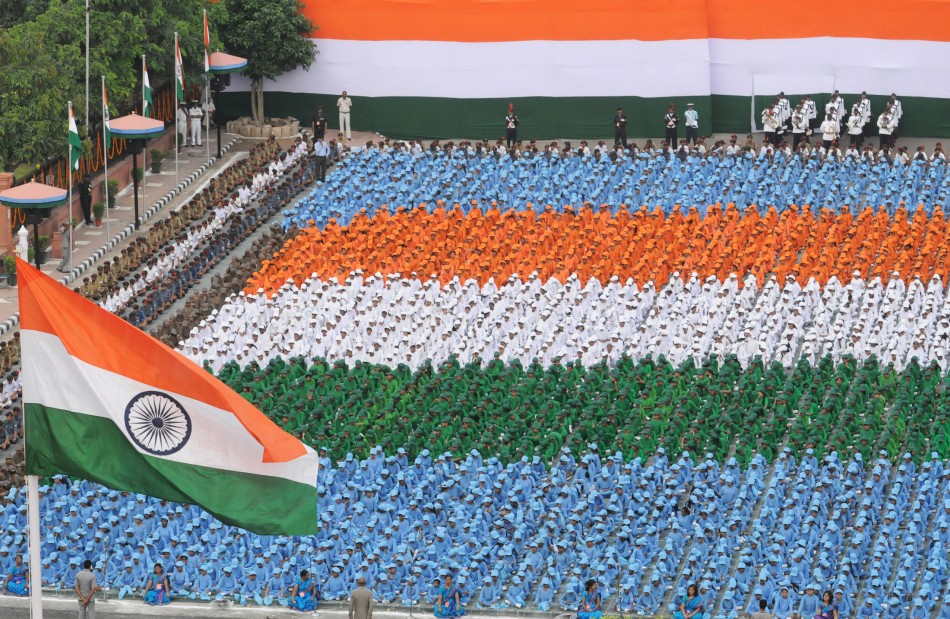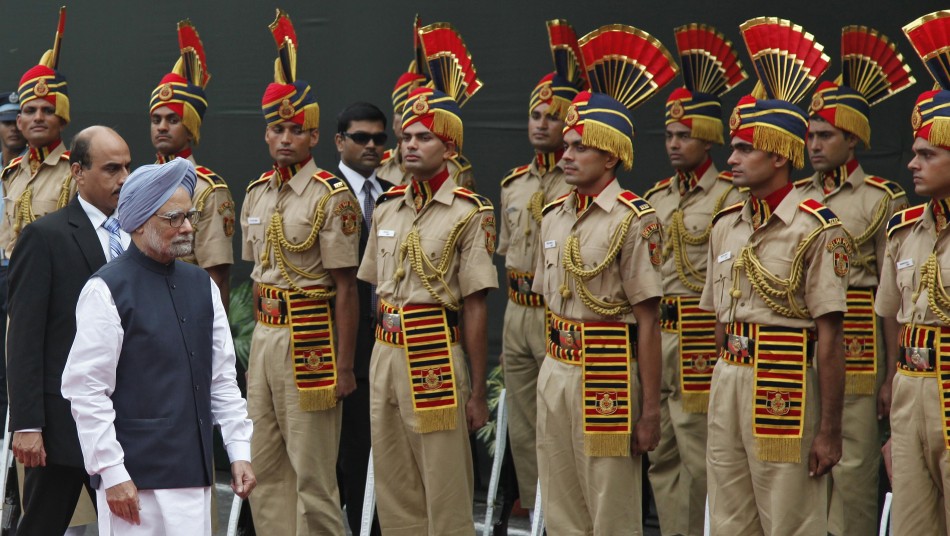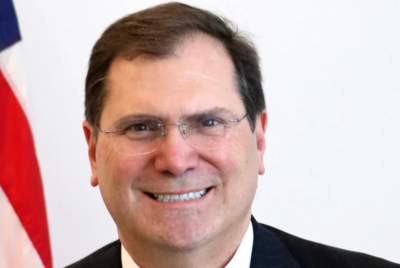India's 66th Independence Day: Concern over Economy and Corruption [PHOTOS]
Corruption another major issue
India is celebrating its 66th Independence Day amid growing concern over the failure of the monsoon, deepening corruption and an extremely sluggish economy.
Prime Minister Manmohan Singh, whose reforms agenda has been stalled by pesky coalition partners and state satraps who are propping up the central government, voiced grave concern over the snail-pace growth of the economy.
Singh said slow economic growth will badly affect the security of the country. Addressing the nation on the occasion of Independence Day, he said: "We are not being able to achieve ... because of a lack of political consensus on many issues. Time has now come to view the issues which affect our development process as matters of national security."
After the huge tax bill on Vodafone was struck down by India's top court, Pranab Mukherjee, who was the finance minister, tried to bring in retrospective taxation, delivering a big blow to foreign investment in the country. Singh and his new finance minister P Chidambaram are trying to set things right but face many obstacles.
One of the major stalled reforms is allowing foreign direct investment in the retail sector. Economists and analysts say the government's decision on this will be a test of its nerve to push growth instead of giving in to political expediency.
India's GDP is crawling at 5.3 percent in the first quarter, the slowest in nearly a decade. Singh, an economist himself, predicted that the growth rate will be 6.5 percent for 2012 compared to the projected growth rate of 7.5 per cent for China.
With just two years left for the next general election, Singh promised correctives. "The government will take steps to increase investment for infrastructure development with the help of the private sector. To attract foreign capital, we will have to create confidence at the international level that there are no barriers to investment in India."
Admitting that there was a lack of political consensus on reforms, Singh sounded optimistic that "this period of difficulties will not last long".
Festering corruption
On corruption, Singh said a number of legislative measures have been lined up. "We will continue our efforts to bring more transparency and accountability in the work of public servants and to reduce corruption," he said.
But there are few takers for such platitudes. Many veteran freedom fighters assert that India was better off and there was rule of law under the British.
Freedom fighter N V Krishnamachari, 96, told the Times of India: "We might term the British 'firangis' or 'white men', but they ruled us based on laws. They did their job on the directions of the East India Company. But what principles do today's politicians have? Hardly any. We fought to get a nation to be ruled by Indians based on truth, ahimsa, human values. Sometimes, I feel we should not have got freedom at all. The British did not trouble the public as much as our elected politicians do now. I cry to myself when I look at our pathetic world."













© Copyright IBTimes 2025. All rights reserved.






















